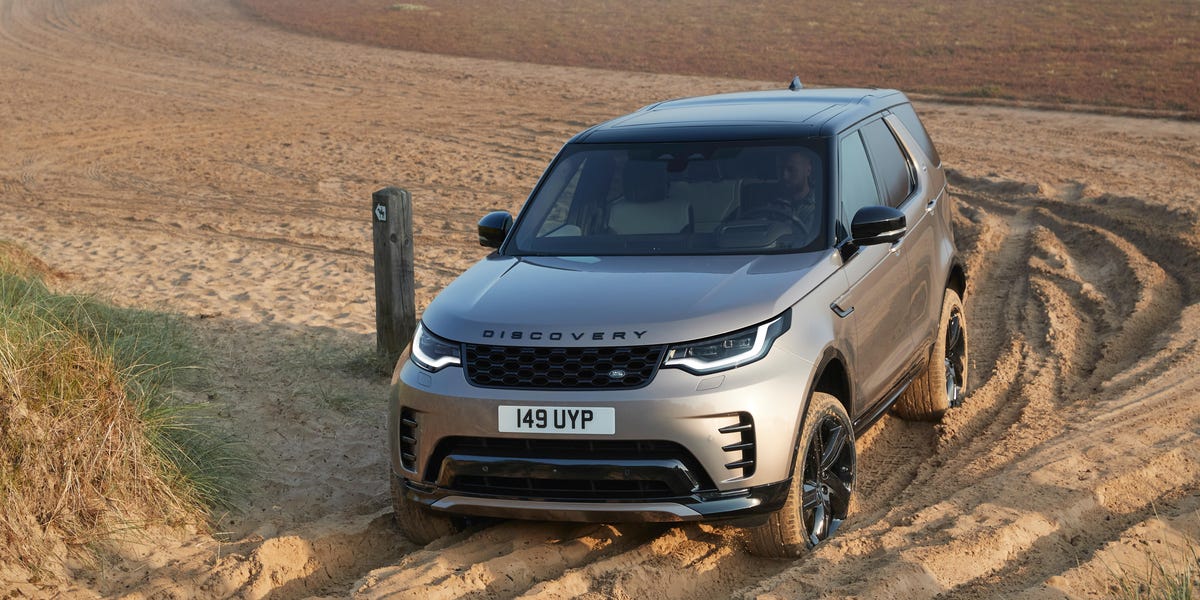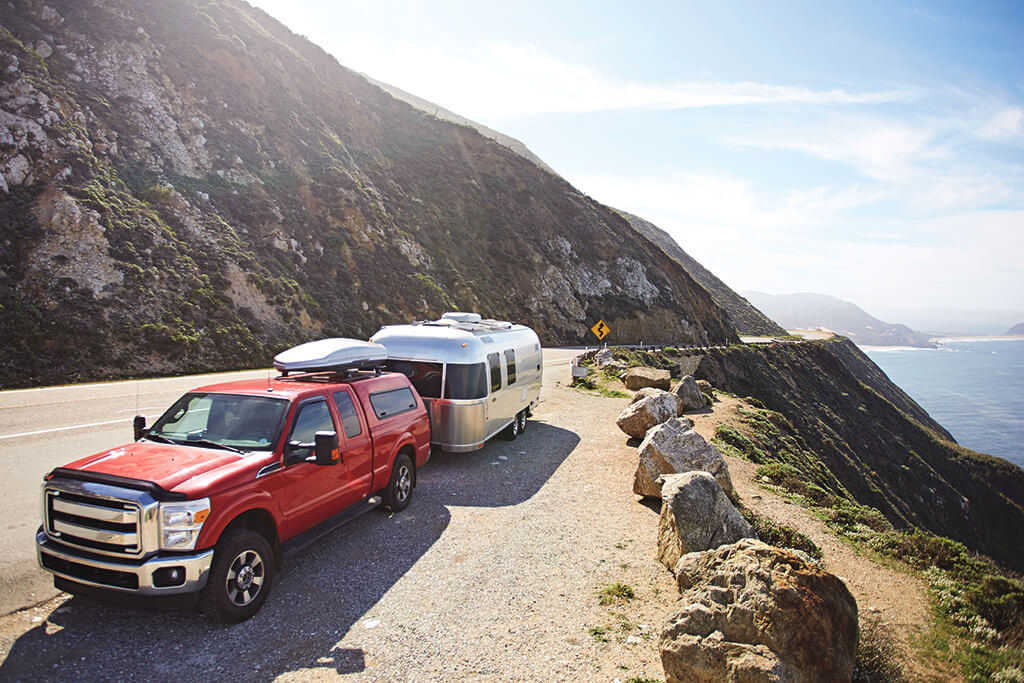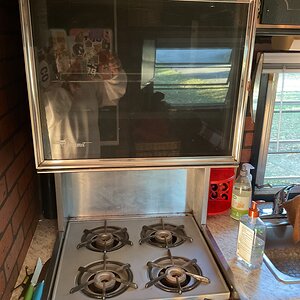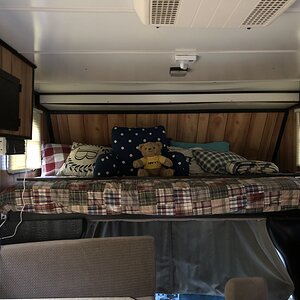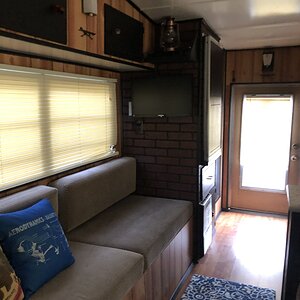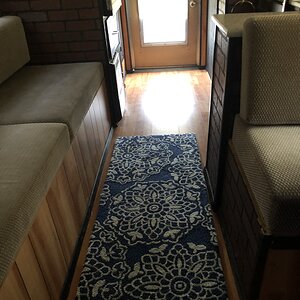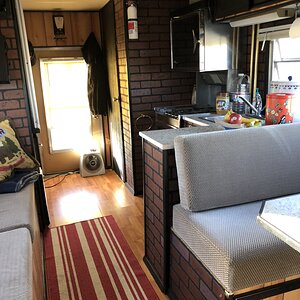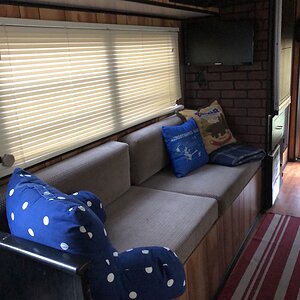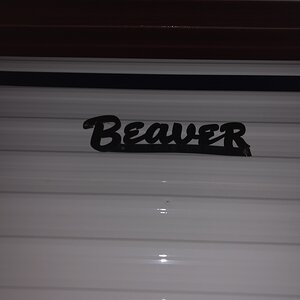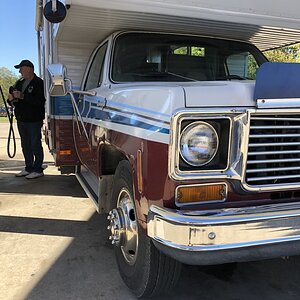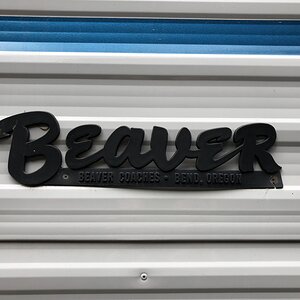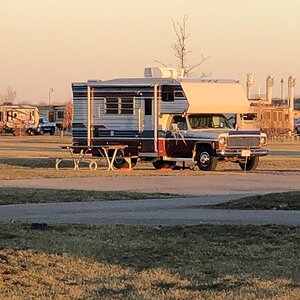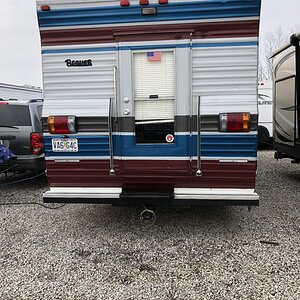TheLooks
RVF Supporter
- Joined
- Jun 30, 2021
- Messages
- 1,124
- Location
- Harrison, TN
- RV Year
- 2011
- RV Make
- Jayco
- RV Model
- 26 BH
- RV Length
- 29 ft
- Fulltimer
- No
Just because it will pull it does not mean it will handle it. You are looking at the wrong numbers and not understanding what they mean. I have owned an 1967 88 and a 1967109 Safari wagon with a 302 Ford V8 in it and I have an 82 Range Rover with a 4 speed transmission and original 215 cu V8. Only one of these vehicles is capable of towing that 28 ft Airstream. Guess which one......
